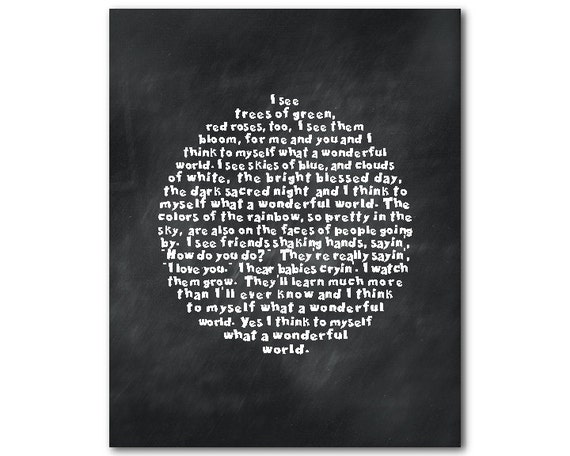Louis Armstrong What A Wonderful Christmas Zip Up Sweater
Sound Of Confusion Spacemen 3 Rat here. Louis Armstrong What A Wonderful Christmas Zip. Fantastic/MJ in Space Jam/Stretch Armstrong. Room Essentials, Threshold, Up and Up. Ugly Christmas Sweaters; All. What a Wonderful World Zipped Hoodies. Jazz, Happy, Quotes, Beach, Inspiration, Louis Armstrong, Bright, Happiness, Phone Case. Louis Armstrong - What A Wonderful Christmas - Amazon.com Music. Please enter a valid US zip code. Close runners up.
• • • • Louis Daniel Armstrong (August 4, 1901 – July 6, 1971), nicknamed Satchmo, Satch, and Pops, was an American, composer, singer and occasional actor who was one of the most influential figures in. His career spanned five decades, from the 1920s to the 1960s, and different eras in the history of jazz.


In 2017, he was inducted into the Rhythm & Blues Hall of Fame. Armstrong was born and raised in.
Coming to prominence in the 1920s as an 'inventive' and player, Armstrong was a foundational influence in jazz, shifting the focus of the music from collective improvisation to solo performance. Around 1922, he followed his mentor,, to Chicago to play in the Creole Jazz Band. In the Windy City, he networked with other jazz musicians, reconnecting with his friend,, and made new contacts, which included and. He earned a reputation at 'cutting contests', and moved to New York in order to join 's band.
With his instantly recognizable gravelly voice, Armstrong was also an influential singer, demonstrating great dexterity as an improviser, bending the lyrics and melody of a song for expressive purposes. He was also very skilled. Armstrong is renowned for his charismatic stage presence and voice almost as much as for his trumpet playing. Armstrong's influence extends well beyond jazz, and by the end of his career in the 1960s, he was widely regarded as a profound influence on popular music in general. Armstrong was one of the first truly popular entertainers to 'cross over', whose skin color was secondary to his music in an America that was extremely at the time. He rarely publicly politicized his race, often to the dismay of fellow African Americans, but took a well-publicized stand for in the. His artistry and personality allowed him access to the upper echelons of American society, then highly restricted for black men.